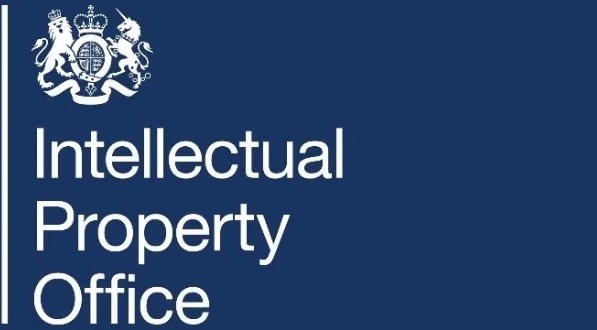Consultation on Standard Essential Patents
Potential measure 3: Assessing the need for a Specialist SEP Pre-Action Protocol
The government wants to understand whether existing pre-action conduct and protocols within the Civil Procedure Rules are effective in SEP negotiations. We also want to understand whether introducing a specialist SEP Pre-action Protocol for SEP disputes could offer improvements over existing general pre-action protocols. The government’s objectives here, as previously set out, are to reduce information asymmetry leading to licensing frictions and the possibility of litigation. Pre-action protocols provide an important link between dispute resolution and formal litigation and may also set expectations prior to accessing the RDT.
The Civil Procedure Rule Committee is responsible for the rules governing civil proceedings. Any changes or introduction of new procedures would require its consideration and approval.
General protocols
The general protocols outline expectations of parties in dispute prior to commencing litigation. These are broad-based and flexible and apply to all sectors. The existing general protocols place expectations on parties to have exchanged sufficient information to make decisions on how to proceed and to have considered the use of ADR.
Specialist protocol
We are aware of specialist protocols in place for certain types of disputes, including in construction and professional negligence, where early disclosure has been shown to reduce litigation and improve negotiation outcomes. Pre-action protocols under the Civil Procedure Rules are intended for use once a dispute has arisen and litigation is being contemplated. They were not designed for use during commercial negotiations such as SEP licensing negotiations, where no formal dispute has yet arisen.
However, the government is interested in understanding if providing structured guidance specific to SEP licensing in a specialist SEP protocol, could help reduce information asymmetry. The rationale for such an approach is to ensure mandatory obligations are not placed on parties, such as the publication of commercially sensitive information, while ensuring any non-compliance of protocols can have consequences. Such protocols could help to achieve the better exchange of information on SEP pricing and essentiality.
